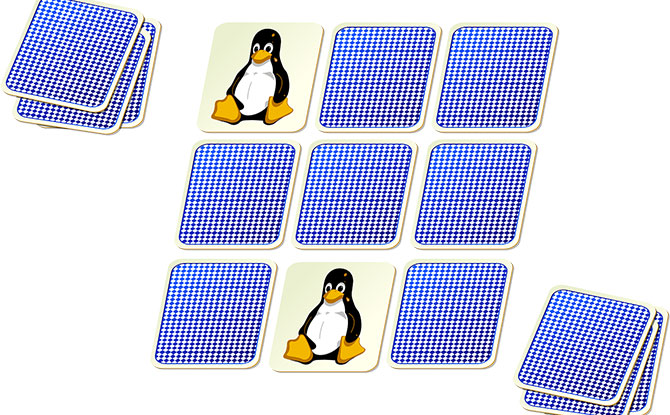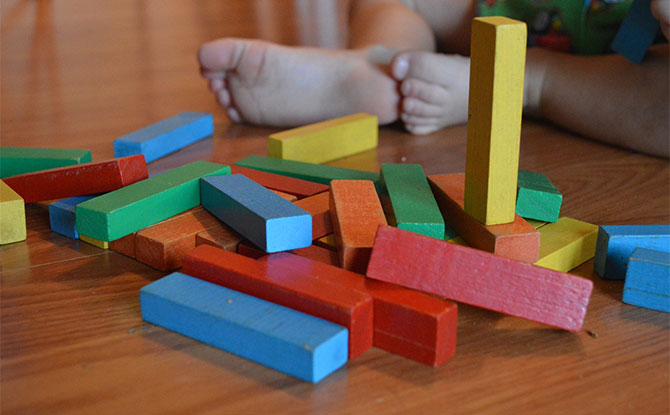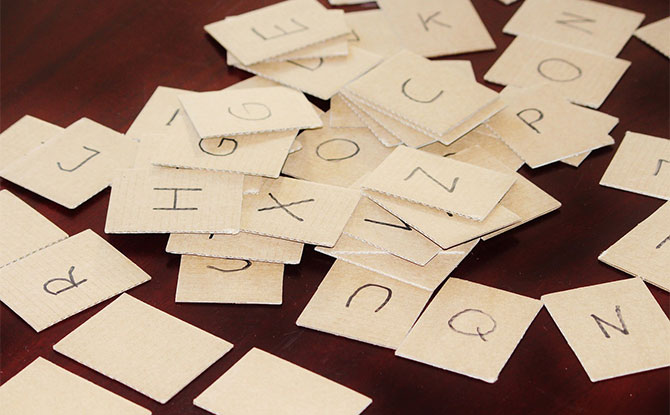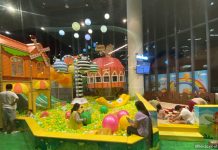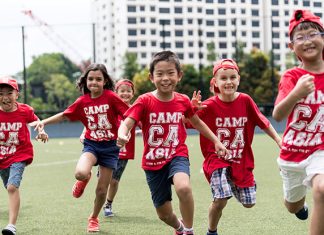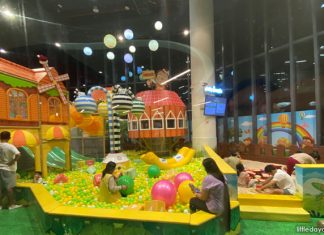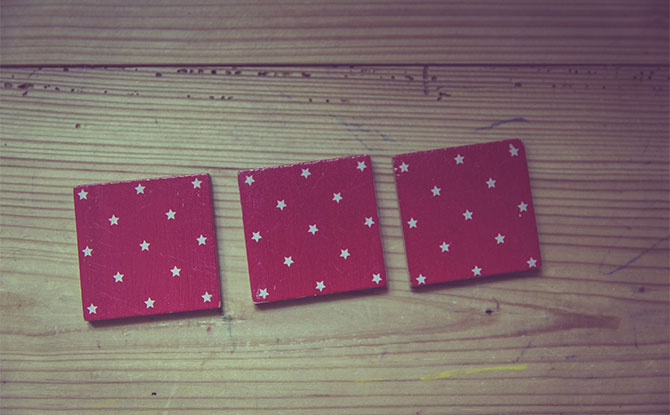
Memory games for kids not only offer benefits like cognition development in children but provide entertainment. Such games that help build up a child’s memorization powers are always welcomed by parents of all ages, especially those with youngsters who are curious and open-minded.
Why Play Memory Games for Kids
As kids get introduced to memory games, not only will they start to notice things around but also store them in their short and long-term memories. When it comes to learning things for the first time, they will learn to conceive everything with an unbiased approach and a fresh perspective.
These are just some of the reasons why we love memory games for kids and playing them with our little ones.
Abstract concepts, letters, historical facts and figures, and images are just some the topics or themes that can be covered in memory games for kids.
Year-end Holiday Camps: Discover Fun and Exciting Camps for Kids; Book Early
Dec Fun: Get the Best Ideas for the School Holidays
These are great for helping kids to learn better in school and helping them in their growing process.
Thus, parents find that these type of games not only provide them amusement but also tinker with their minds and boost their memory. These memory games help kids to learn skills that beneficial for them in real life.
What are Memory Games for Kids
These type of games are also known as cognitive training games. The purpose of these games is help enhance memory span and develop problem-solving skills in youngsters.
The following are some of the fun games that children can play to improve their critical thinking and memory span.
Matching Picture Cards
A classic memory game for kids is Matching Picture Cards. It is simple yet fun and can be a great challenge too. All you need is a deck of cards that have a pairs of pictures or something similar.
For this game, place the deck of cards on a flat surface, and allow your kid some time to observe the cards. You can also discuss things that are made on the cards like birds, famous cartoon characters, or shapes. After that, you can flip the cards over so that the pictures can’t be seen.
To play the game they will try to find a pair of similar cards. If one kid makes the right pair, he earns another turn. The kid with the most number of correct pairs of cards is accepted as a winner.
Benefits
The struggle to get matching pair of cards to earn more turns enhances the sense of taking the right decisions. It helps in improving the memory of players.
Jigsaw Puzzle
Another classic game is just simply the jigsaw puzzle. While playing jigsaw puzzles kids try to match the shapes and segments of visual images on pieces to complete the puzzle. This then forces them to learn the importance of making connections and assembling things as well as increase their attention span. They need to try to find the right puzzle pieces and they can also put their powers of recall to good use by remembering which puzzle pieces they have come across before.
Benefits
As they go about assembling the jigsaw puzzles, they are learning the skill of problem-solving and how to fix things concerning the greater picture.
When I Went Shopping
If you are looking for a memory game for kids that will help your child to remember a long list of words then When I Went Shopping is a good option.
This game can be played by two or more players and makes for a fun party game. Each player in the group takes turns to say “When I went shopping, I bought…” and insert an item that they can find in the grocery store or supermarket.
The next child then needs to carry on the list by saying “When I went shopping, I bought…” an repeat the last item and add on another one. This makes the shopping list grow longer and longer. The challenge is for the player to remember the entire list. If a child forgets, he or she drops out of the game. The winner is the last one who is able to remember the most number of items.
Other versions of this game
- To create a variation of the game, the gamemaster can a shopping list and reveal all the items. The players will then need to take turns to remember all of the items.
- Or you could try a variation where instead of shopping, players need to generate a list based on holidays or vacations. Once again, the child who will remember the details will be the winner.
Benefits
This memory game helps kids to remember the name of various things that are used in daily life.
Memory Object Game
Another fun memory game to play with kids is the Memory Object Game.
To start off, place various items in a box or tray. Discuss the name, shape, and color of each items with the player or players. This helps them to think about the details about a thing. Then, cover the tray or box with a sheet and ask your kids to remember what was there.
As a variation, you can use similar objects but with different properties, for example different colors. Then the players will need to remember the number of objects with various properties.
Benefits
This will help in increasing the short-term memory span of youngsters. As they accomplish more and more their self-confidence grows and they become more enthusiastic about learning.
The Magic Cup Game
You will need three cups and a small object that you can place under it, for example a small ball. You will put that object under one of the cups and allow your child to remember the position of the cup.
After that shuffle the cups around and the child will have to follow along to trace which cup the object is under after it has been shuffled.
Benefits
This not only is a good, simple and easy way to exercise a child’s short-term memory but it also help them to put their powers of observation to the test.
Mother Says
This memory game for kids helps a child to remember instructions and how to act on them.
First, appoint a player as “mother”. The player who is playing the role of mother to give orders to all other players.
For if the mother says to not touch your nose, the player who will not touch it will win; however, a player who does not follow the instruction will be out of the game.
Benefits
Short-term memory development is a part and parcel of this game. This will help them to retain instructions for a longer period.
Storytelling
This is a fun game that is great when you need something quick with no preparation and you have a group of kids to keep entertained. It will also help children to develop sequential thinking.
As one can start a story and then every child will have to add a few lines in the story. It can be a fairy tale or a horror story in which by each turn the plot of the story will be developed. It can be a normal old tale or children can also make their new fun stories from scratch.
To end off the storytelling game, you can wrap it up with a moral lesson. Or better yet, ask the kids what they think the moral of the story is. You may get a lot of funny responses.
Benefits
This game is great because it takes not preparation but it will help to boost kids’ cognitive thinking and it also encourages them to make use of their imagination to come up with new and fantastical stories. It allows to also put their language skills to the test and they have to work cooperatively as they build the story together.
Rhymes and Memorisation of Songs
Various games are common in one culture and not in another. However, a way of memorizing which is common in almost every place is the formation of mnemonics and rhyme schemes.
The memory of sounds is improved to a great extent by the recollection of lyrics as it involves making associations for improved recall.
Online Memory Games
In this day and age, you don’t necessarily need physical cards any more to play memory games. There are various apps such as Brain Age that are great for playing brain-boosting games.
Some suggestions of online memory games include Lumosity, Elevate, and Peak.
Word Chain
In this game, a player will start with a word and then each player has to utter a word that starts with the last letter of the previous word. Kids will need to repeat the previous words.
For example, if the first player says “Rabbit”, the next player will have to come up with a word that begins with the letter “t”, for example, “Turtle”. He or she will say “Rabbit, Turtle”. Then the next player comes up with a word that begins with the letter “e”, such as elephant. This third player will say “Rabbit, Turtle, Elephant”. The game then carries on around the group.
This game encourages kids to recall their alphabet and spelling of the world.
Benefits
This game improves memory recall of words and letters. To win a child has to make an active effort in remembering which letter has been used and what words can be started by that letter. This active effort not only make children productive but also inculcate the skills of decision-making.
Crosswords and Scrabble
For kids over 5 years of age, crossword games can be used to teach them vocabulary and facts about various domains like science and history. They are easily available in books and newspapers, but you can access them easily both online and offline.
Another word game that is good for helping them put into practice their powers of recall is scrabble. You can even make your own scrabble tiles out of cards.
Benefits
Crosswords have the benefit of making them recall facts and figures that they have come across.
Benefits of Memory Games for Kids
The impact and benefits of memory games vary from game to game, but there are several benefits that the majority of the games provide.
These memory games can be played by kids of almost every age group to improve mental functioning. This means that even parents or adults can play these games alongside with children. The basic goal is to make the games more than a pastime, but they are here to teach values passively.
Memory games can help and encourage teamwork, communication, and cooperation by interacting with other players.
Games are crucial for the mental well-being of children. Most of the games are unique to one’s culture, therefore, it helps to learn about their history, social norms, and values.
Memory games also help to support all-round development for a child. They can also help to improvie logical thinking, especially with puzzle games that test and stretch a child’s abilities.
As memory and focus are dependent on each other these activities help to boost the focus duration in kids. By playing these games a child can learn how to focus and develop the ability to ignore distractions as most of the memory games require concentration.
Games like memory cards improve visual processing skills in children. The positive and constructive impacts of these memory games for kids can be seen in the personality of a child.
We hope that you have plenty of fun with these ideas of memory games for kids. They are a great way for families to spend time together doing an activity that all can enjoy – in fact, kids may even beat the adults in some of these games.
The games can be great fun to break out during a children’s party too and it is especially great since many of them don’t require that much preparation, yet, they can involve everyone at the party. Just be sure to encourage all the players and keep them involved even if they do struggle with some of the games.
Have a wonderful, fun and fulfilling time enjoying these memory games.
If you do enjoy them, we predict that you will also appreciate this other story about a classic game – charades. Or that you will also enjoy this story on classic party games for kids or this huge list of one minute to win it games.





